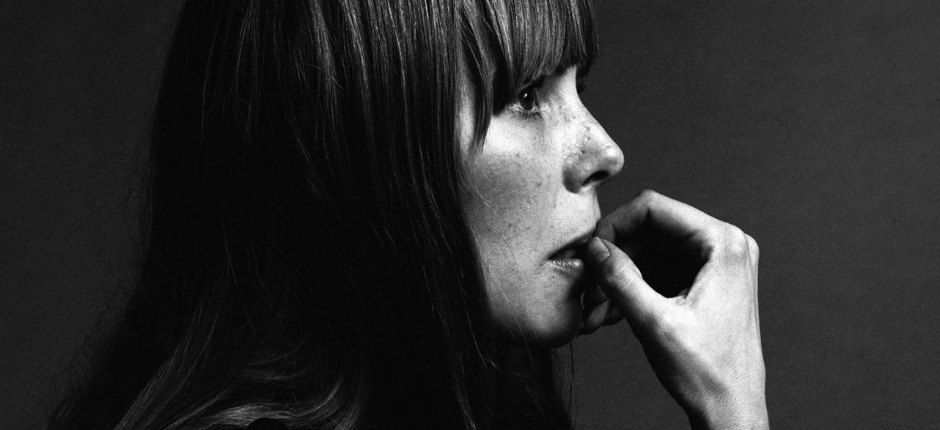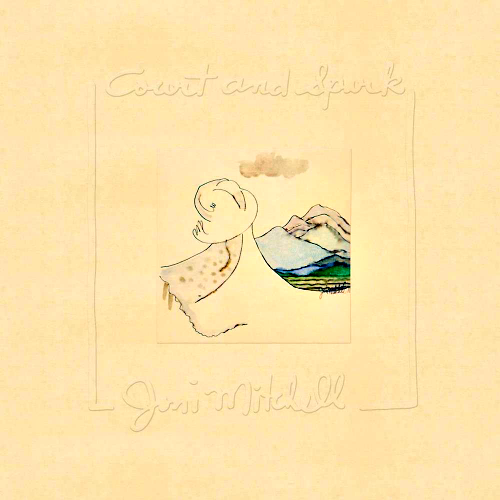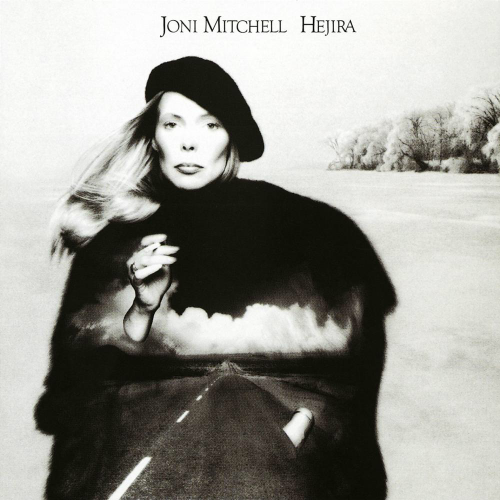
 
Following Joni Mitchell's exceptional early '70s singer/songwriter work, Court and Spark presents a bit of an unexpected shift of pace. Moving on from the sorrowful seriousness that had previously presented itself in records like Blue, this jazz-inflected folk pop hybrid is home to some of the most carefree music in Mitchell's catalog. From the breezy "Free Man in Paris," that quite effectively mirrors the unburdened nature of the track's title character, to the rollicking "Raised on Robbery," there's a lot of lighthearted fun to like here. But it's not all jovial, as Mitchell also unambiguously contends with failed relationships ("Same Situation"), social anxiety ("People's Parties") and mental illness ("Trouble Child"). There's no missing Mitchell's intention though, as she follows a track about a suicide attempt with "Twisted," a goofy 1950s jazz song that wraps the album up with a wink.

 
With a title inspired by the Arabic word for "journey," Joni Mitchell withdraws from the in-your-face boundary pushing of the previous year's Hissing of Summer Lawns to quieter ground on Hejira, an unceasingly subtle work that demands attentiveness to be appreciated to its fullest. Much of Hejira was written while on a cross-country roadtrip from Maine to California, and knowing that fact aids considerably in understanding the album's aimless nature. Where Hissing viewed domesticity with an outright animosity, Mitchell's conflict with love becomes even more apparent here, and she spends most of Hejira wrestling with her idealization of independence and simultaneous need for attachment. "Song for Sharon" encapsulates the eternal struggle between Mitchell's heart and mind, tracking her experiences from youthful fantasy to adult disillusionment in its eight and a half minutes. Though her stab at blues on "Furry Sings the Blues" comes off as downright disrespectful, and thoroughly disgusted country blues guitarist and song inspiration Furry Lewis in the process, she more successfully tackles jazz fusion, particularly on album highlight and opener "Coyote," and makes her case for late entry into the Great American Songbook with "Blue Hotel Room," which sounds like a George Gershwin jazz standard with a hint of Cole Porter humor. Though it's surprising to hear Mitchell so musically reserved this time around, especially when trailing the audaciousness of "The Jungle Line" by just a year, Hejira peels back yet another layer, exposing a wealth of revelations underneath its deliberately detached exterior.

Page: 1, 2, 3, 4
|









